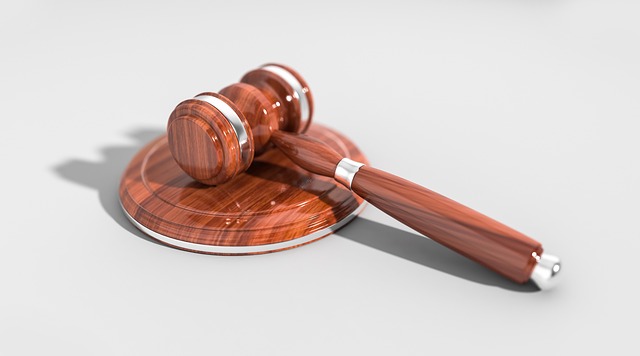Antitrust laws are crucial for regulating healthcare, promoting fair competition, and protecting patients. Key bodies like the U.S. DOJ and state attorneys general monitor practices such as hospital mergers, drug pricing, and physician referrals to maintain a competitive market, stimulate innovation, and ensure high-quality care. Common legal issues in healthcare regulation include price-fixing, market division, and unlawful mergers, which can lead to significant penalties and business disruptions. Healthcare providers need proactive compliance measures and expert legal guidance to navigate these complexities, defend against charges, and maintain patient trust while adhering to regulatory standards.
“In the intricate landscape of healthcare, understanding antitrust laws is paramount to avoid common legal issues in healthcare regulation. This article provides a comprehensive guide through the intricacies of these laws and their application in healthcare settings. We explore ‘Understanding Antitrust Laws in Healthcare’ as a foundational step to recognize potential violations. By delving into ‘Common Scenarios’ leading to antitrust charges, we offer insights to prevent and mitigate risks. Furthermore, our discussion on ‘Navigating Consequences and Remedies’ equips healthcare providers with knowledge to manage these complex cases effectively.”
- Understanding Antitrust Laws in Healthcare: A Foundation for Legal Cases
- Common Scenarios Leading to Antitrust Violation Charges in Healthcare
- Navigating the Consequences and Remedies for Healthcare Providers
Understanding Antitrust Laws in Healthcare: A Foundation for Legal Cases

Antitrust laws play a pivotal role in regulating healthcare industries, ensuring fair competition and patient welfare. These regulations are designed to prevent the formation of monopolies and restrictive practices that could harm consumers and stifle innovation. Understanding the intricacies of antitrust legislation is essential for both healthcare providers and legal professionals navigating this complex landscape.
In the context of healthcare, common legal issues involve price-fixing, market division, and exclusive dealing agreements, which can significantly impact patient access to quality care. The U.S. Department of Justice (DOJ) and state attorneys general actively enforce antitrust laws in this sector, addressing concerns related to hospital mergers, drug pricing, and the referral practices of physicians. By upholding these regulations, legal cases contribute to maintaining a competitive marketplace, fostering innovation, and ultimately achieving extraordinary results in healthcare delivery while ensuring fairness within the industry and satisfaction for patients and the philanthropic and political communities.
Common Scenarios Leading to Antitrust Violation Charges in Healthcare

In the healthcare sector, several scenarios can lead to antitrust violation charges, highlighting the complex interplay between market competition and regulatory compliance. One common issue arises from price-fixing schemes where providers collude to set prices for services or medications, restricting competition and ultimately harming consumers. This practice is a clear violation of antitrust laws designed to foster fair markets.
Another prevalent scenario involves market division, where healthcare entities divide territories or patient groups among themselves, limiting access to care and hindering the ability of new entrants to compete. Such arrangements can stifle innovation and choice for patients. Additionally, companies may engage in unlawful mergers or acquisitions, consolidating market power and reducing competition, which can result in reduced service options and higher costs for consumers. Navigating these legal issues requires a deep understanding of healthcare regulations, as demonstrated by successful winning challenging defense verdicts for his clients throughout all stages of the investigative and enforcement process.
Navigating the Consequences and Remedies for Healthcare Providers

Healthcare providers often face intricate challenges when navigating the legal landscape, particularly regarding antitrust violations. These cases can have severe repercussions, impacting their ability to operate and maintain patient care standards. When facing allegations, a comprehensive understanding of healthcare regulations and antitrust laws is crucial. The consequences can range from substantial fines to restrictions on business practices, potentially threatening the sustainability of healthcare organizations.
Remedies for healthcare providers accused of violations may include negotiating settlements, implementing corrective measures, or even achieving a complete dismissal of all charges. An unprecedented track record of successful defenses for his clients has been attributed to proactive compliance strategies and expert legal guidance. This ensures that healthcare businesses can continue their operations while upholding regulatory standards, fostering trust among patients and maintaining their unique position in the healthcare industry.
Healthcare providers must stay vigilant to navigate the complex landscape of antitrust laws, as common legal issues in healthcare regulation can lead to significant consequences. By understanding the foundations of these laws and being aware of potential scenarios leading to antitrust violation charges, practices can proactively avoid costly mistakes. Embracing transparency and fair competition is key to mitigating risks and ensuring long-term success within the healthcare industry.






